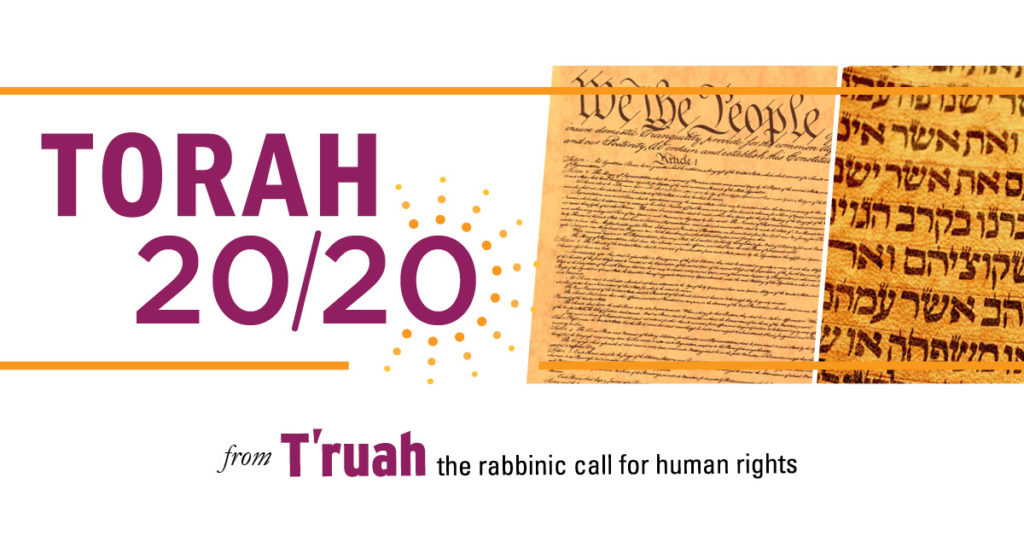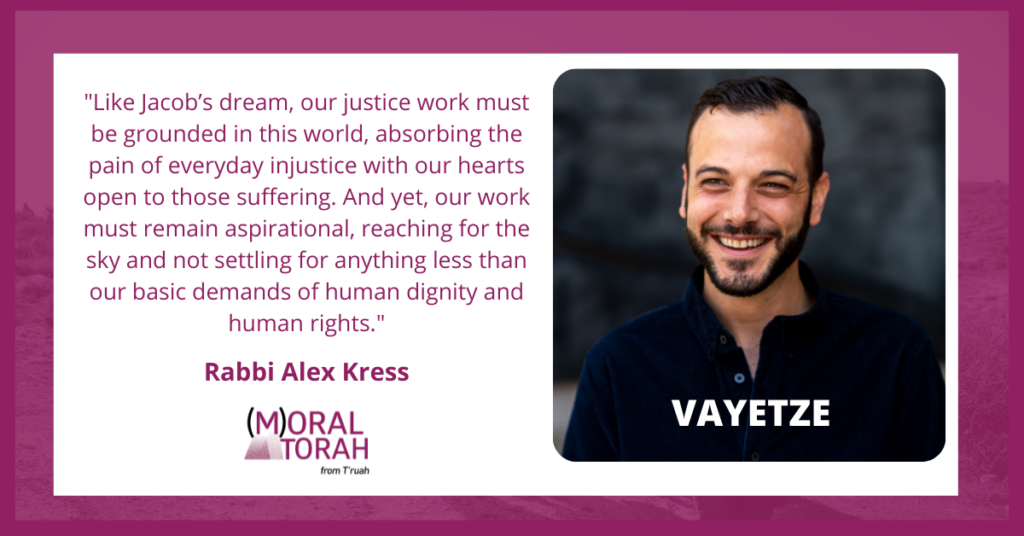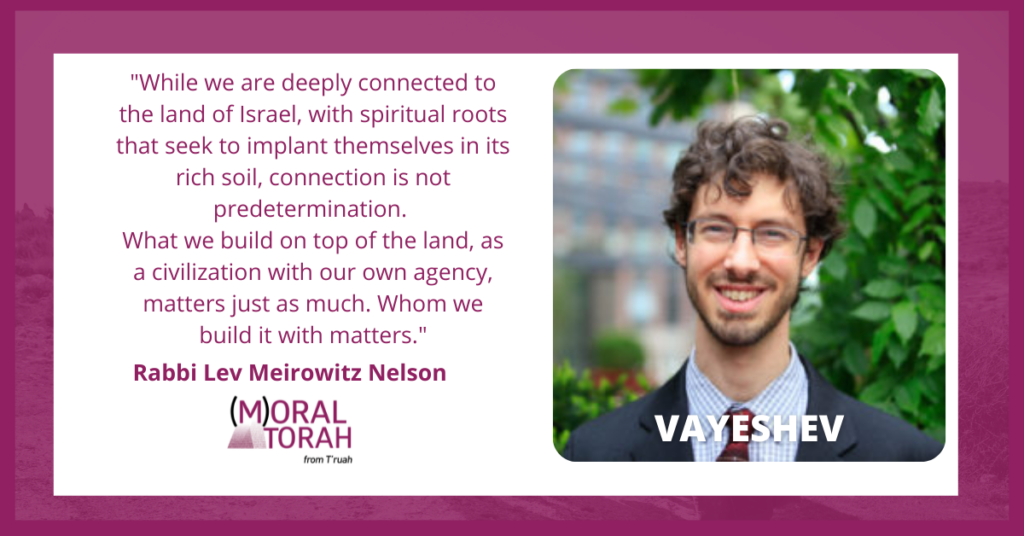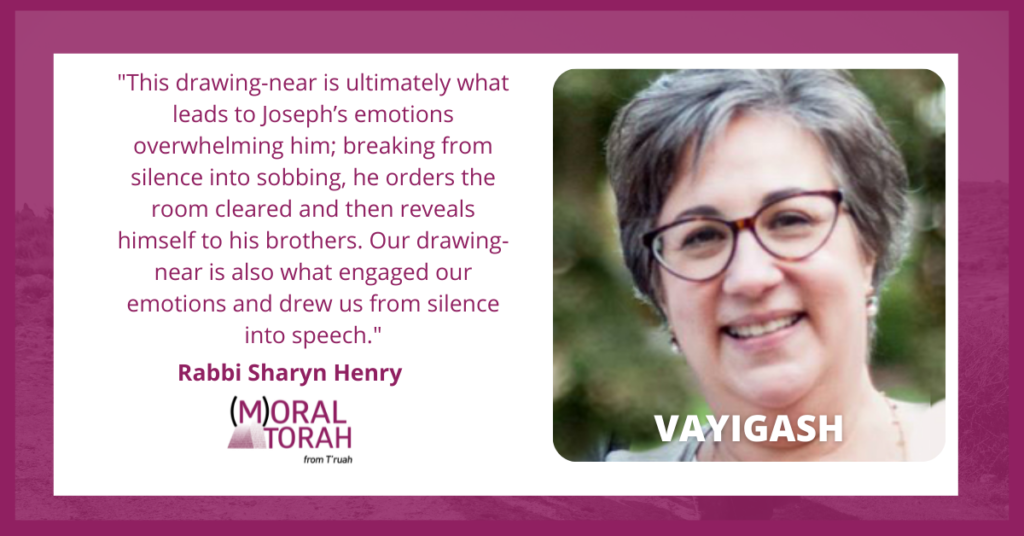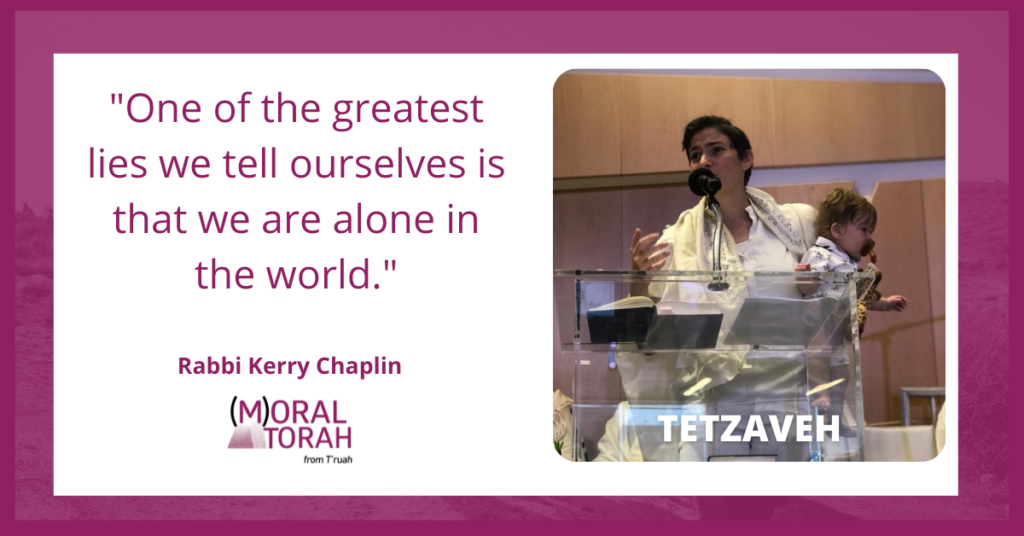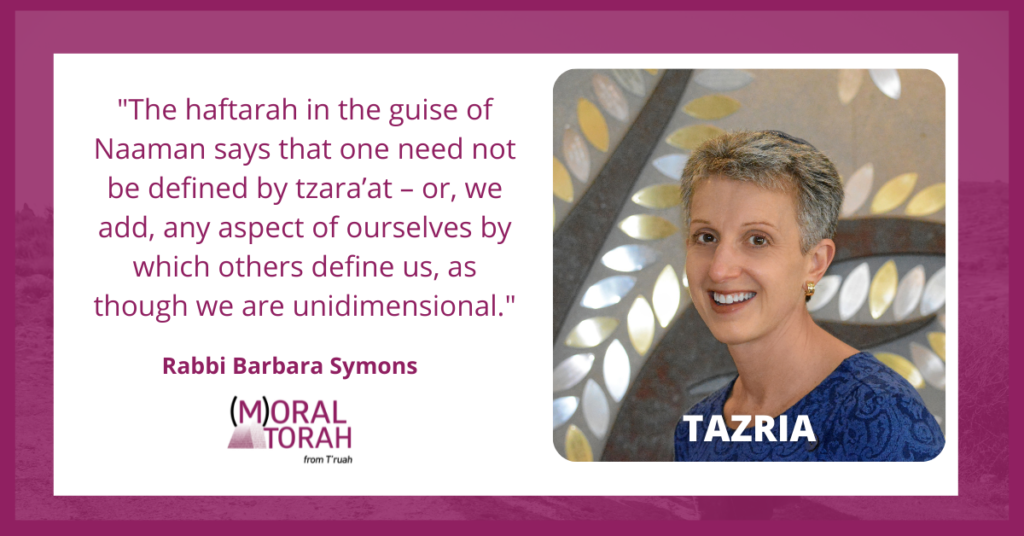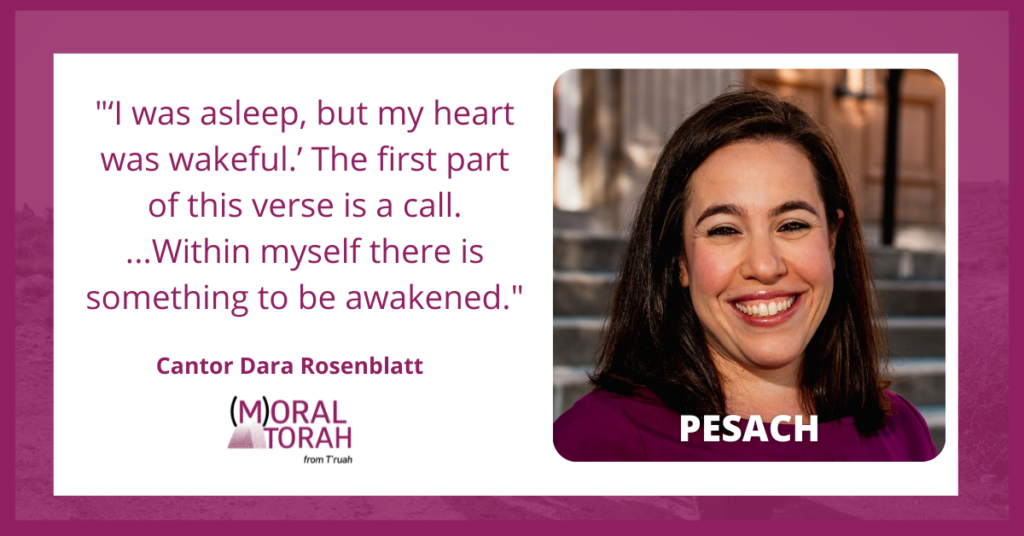
Antisemitism is Not Inevitable
I believe, however, that antisemitism is not eternal or inevitable. It is something we can overcome, if we understand it properly. Common references to antisemitism as “the world’s oldest hatred” obscure the ways that it actually functions and who it benefits.
read more

